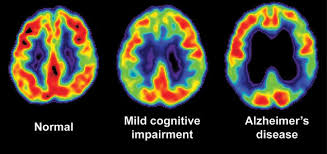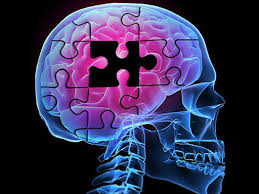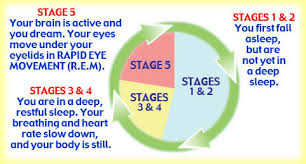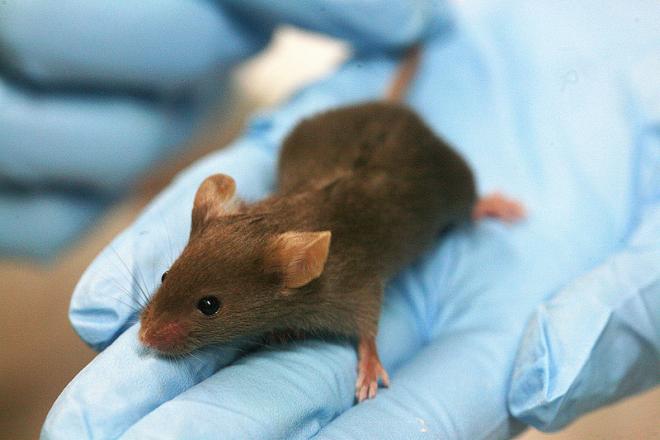 Prion diseases are rare conditions similar to those caused by viruses that are caused by misfolded proteins known as prions. The most well-known of these is the neuro-degenerative Creutzfeldt-Jakob disease, which is commonly known for the way it appears in cows as Mad Cow disease. But according to a recent study, multiple system atrophy (MSA), another neurological disorder, can also be classified as a prion disease. The findings, published in the Proceedings of the National Academy of Sciences, suggest there are
Prion diseases are rare conditions similar to those caused by viruses that are caused by misfolded proteins known as prions. The most well-known of these is the neuro-degenerative Creutzfeldt-Jakob disease, which is commonly known for the way it appears in cows as Mad Cow disease. But according to a recent study, multiple system atrophy (MSA), another neurological disorder, can also be classified as a prion disease. The findings, published in the Proceedings of the National Academy of Sciences, suggest there are  unseen ways in which MSA can be transmitted, and may even lead to possible treatment options.
unseen ways in which MSA can be transmitted, and may even lead to possible treatment options.
First identified in 1960, MSA is an extremely rare condition that impairs the body’s involuntary functions. Its symptoms are similar to those that characterize Parkinson’s disease, including slowed movement and trouble with balance. These symptoms eventually lead to the patient’s death. While the cause of MSA was never fully understood, Kurt Giles, senior author of the recent study, said his team has now “conclusively shown that a new type of prion causes MSA.”
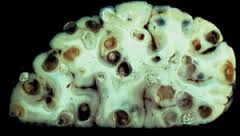 The findings mark the first time in 50 years that a human disease has been found to be caused by a new prion. For the study, the team exposed human MSA tissue to mice, which then went on to experience neurodegeneration. Exposure to brain tissue from these mice could then cause the disease to spread to other mice. The team observed that the culprit was a misfolded version of a protein called alpha-synuclein, which not only allowed the disease to spread from human tissue to mouse, but also to human cell cultures.
The findings mark the first time in 50 years that a human disease has been found to be caused by a new prion. For the study, the team exposed human MSA tissue to mice, which then went on to experience neurodegeneration. Exposure to brain tissue from these mice could then cause the disease to spread to other mice. The team observed that the culprit was a misfolded version of a protein called alpha-synuclein, which not only allowed the disease to spread from human tissue to mouse, but also to human cell cultures.
Prion diseases are a group of conditions that affect the nervous system in humans and animals. The most common symptoms of prion diseases in humans are impaired brain function and difficulty coordinating movements. These symptoms usually worsen over time and inevitably lead to the patient’s death.
Source: Medical Daily

